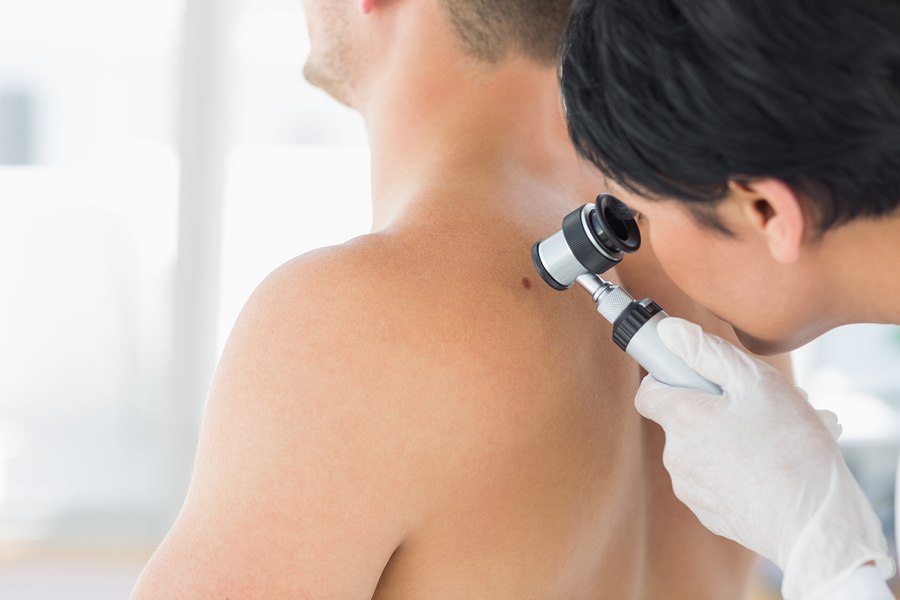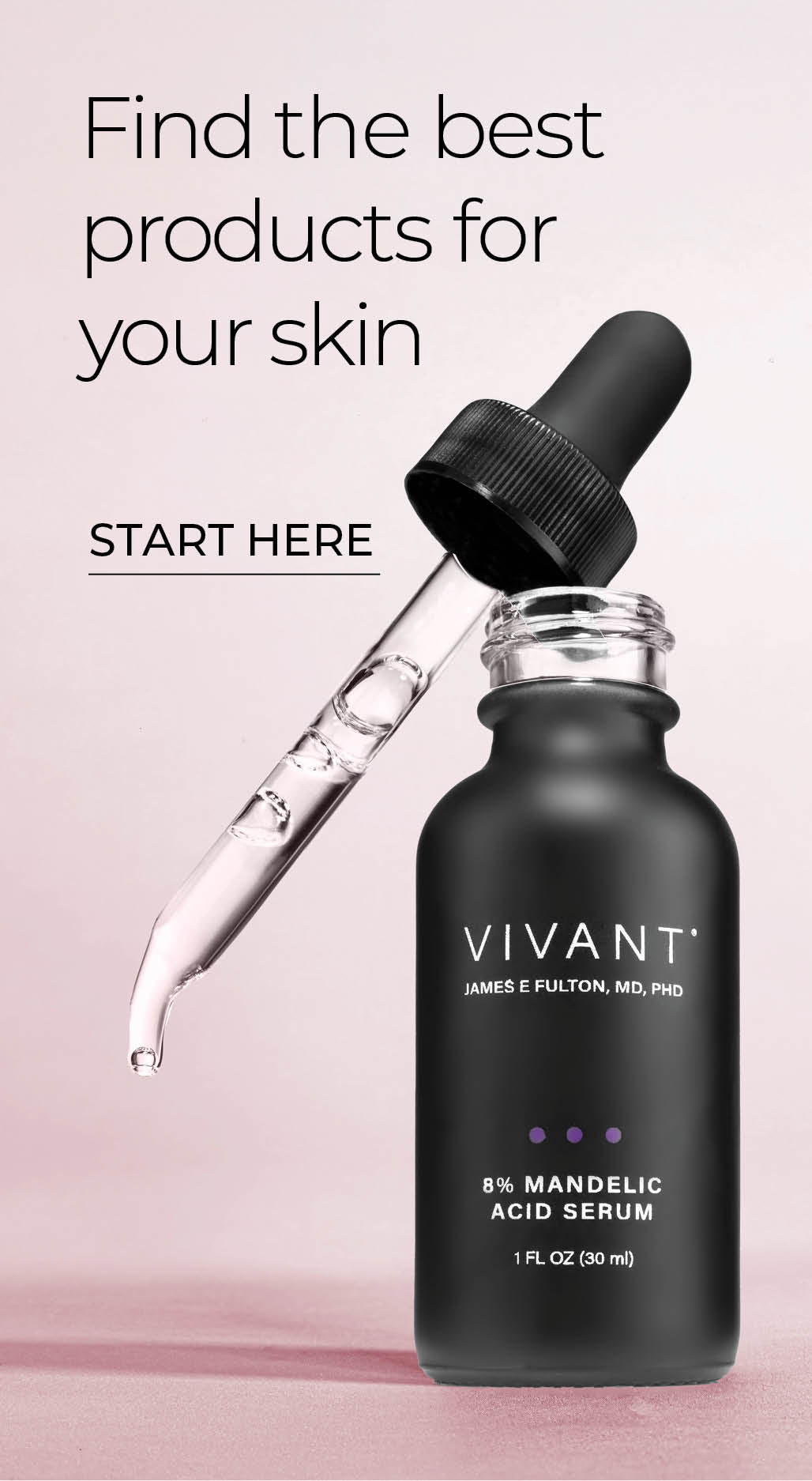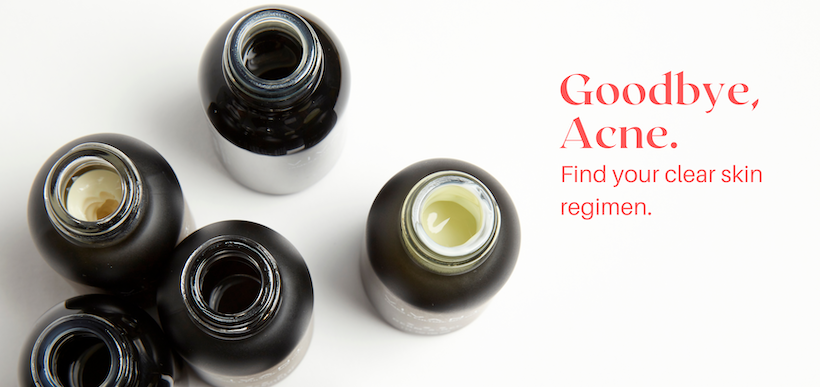It's National Skin Cancer Awareness Month: 12 Tips for Lowering Your Risk

May is National Skin Cancer Awareness Month in the United States. Skin cancer is the country's most common cancer; there are more new cases each year than prostate, breast, colon and lung cancers combined. Recent studies indicate that an estimated 20% of Americans will develop skin cancer during their lifetime. Here are some steps you can take to lower your risk.
1. Stay out of direct sunlight between 10AM and 4PM, since these are the hours when the sun's rays are strongest.
2. Avoid using UV tanning beds as they do more harm than good.
3. When you are in direct sunlight, use SPF sun protective clothing and wear a hat and UV-blocking sunglasses. Any amount of tanning or burning indicates sun damage to your skin, according to the Center for Disease Control.
4. Keep newborns out of the sun. Babies under 6 months old should never use sunscreen.
5. Examine your skin from head to toe every month, looking for changes in the size or shape of moles or sores that ooze and don't seem to heal.
6. Visit your doctor for a professional skin exam each year.

A doctor can examine any suspicious moles or spots for signs of cancer.
7. Wear sunscreen that contains SPF 15 or higher daily, and reapply every two hours and after swimming, sweating or drying off. If you're practicing outdoor sports and sweating heavily, consider reapplying sunscreen every hour for optimal protection.
8. Use approximately one ounce of sunscreen (two tablespoons) each time you apply. The best time to apply sunscreen is when the skin is hydrated from showering. If vacationing in sunny climes, apply sunscreen even at night so that the skin builds up a reservoir of protection.
9. Choose a sunscreen that protects against UVA and UVB rays. Both can damage the skin and cause skin cancer.
10. Wear sunscreen each time you venture out. Even on cloudy, cool days, UV rays filter through the clouds to cause damage.
11. Certain antibiotics like tetracycline, as well as skin care ingredients including AHAs, retinols, salicylic acid, and benzoyl peroxide can cause increased sun sensitivity. If you are using products containing these ingredients, sunscreen may not be enough to protect your skin from harmful UV rays. Protective clothing should be worn at all times to prevent sun damage. (If you are on antibiotics, check with your pharmacist or physician to find out if the antibiotic makes your skin more sun sensitive.)
12. According to the American Cancer Society, up to one million cases of non-melanoma skin cancer go undetected in the U.S. each year. Daily skin protection can help prevent the majority of these cases.
Vivant Skin Care's Day Treatment Lotion SPF 15 contains zinc peptides that help squash inflammation while protecting the skin from UVA and UVB rays that can cause skin cancer. Day Treatment Lotion SPF 15 is effective for all skin types, even sensitive and acne-prone skin. Mixing with loose powder or foundation containing SPF can increase sun protection. As with any sunscreen, apply 15 minutes before sun exposure for optimal results and reapply throughout the day.
Are you interested in learning more? Join our mailing list for additional information about Vivant Skin Care products and helpful tips for protecting your skin.


Comments